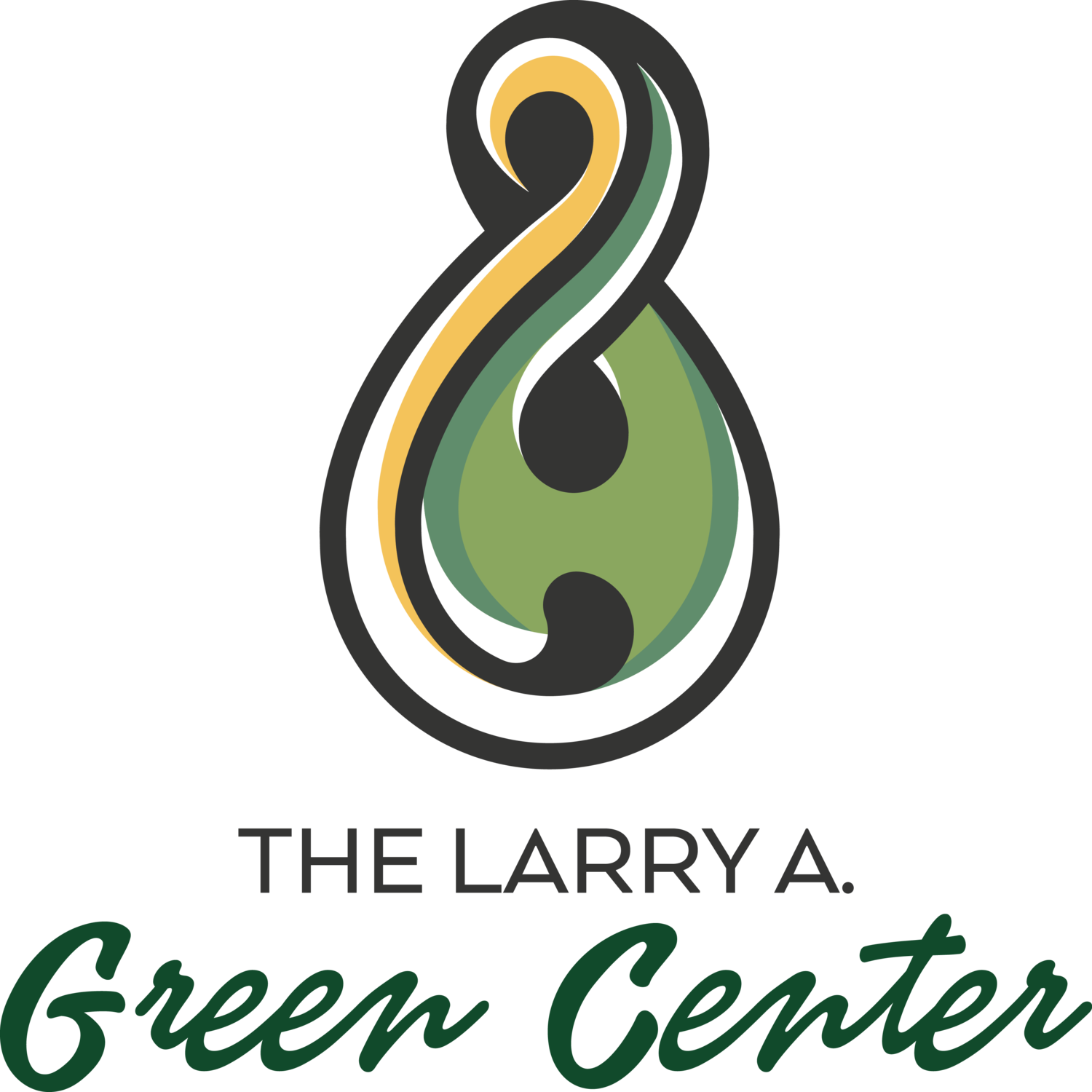Why Clinicians Are Using More Gabapentin in Nursing Homes
April 11, 2024
Jonathan D. Winter MD,a,b J. William Kerns MD,a,b Danya M. Qato PharmD, MPH, PhD,c Katherine M. Winter CFNP,d Nicole Brandt PharmD, MBA,c Linda Simoni-Wastila BSPharm, MSPH, PhD,c Christopher Winter,a Alex H. Krist MD MPH,a Sarah Reves FNP-C,a,e Rebecca Etz PhD.a,e
Gabapentin is approved by the FDA for certain types of seizures and for the nerve pain caused by shingles. Curiously, its use in US nursing homes (NHs) has doubled in the last 10 years. Further, while common pain medications, as well as mood and anxiety drugs, are monitored by the Centers for Medicare and Medicaid Services (CMS), gabapentin use is not monitored.
Our investigators sought to clarify clinical reasons for gabapentin use and the factors spurring its prescribing gains in NHs by surveying US NH clinicians.
Results: 131 surveys were completed. Participants were 71% White, 52% female. Most had advanced training as well as over five years’ NH experience, and worked in for-profit facilities. Almost all NH gabapentin use was not for seizures or shingles pain. Most gabapentin prescribing was reported to be for other types of pain, including diabetic nerve pain, but it was also used for psychiatric symptoms like anxiety and patient behaviors like agitation. Indeed, gabapentin’s increased use was stated to be related to efforts by CMS and others to reduce NH prescriptions of monitored drugs, including pain medications, antipsychotics, and medications for anxiety. Clinicians stated that gabapentin may be a safer alternative to those medications. They also stated that NH gabapentin prescribing was related to the increasing frequency of residents coming to facilities already on gabapentin, and to the frequent lack of non- medication alternatives to manage resident behaviors.
Conclusions: Use of gabapentin for reasons not approved by the FDA, especially for all types of pain, is a key driver of NH gabapentin increases, and it is closely tied to CMS reduction policies in monitored pain medications, a finding substantiated in other studies. These results, however, showcase the impact of NH gabapentin prescribing for psychiatric symptoms, as well as motivations clinicians have to use it due to efforts to curtail antipsychotic, anxiolytic, and other psychotropic medications. Prescribers avow that gabapentin is at least as effective, and likely safer, than the medications it commonly replaces; but this assumption may not be accurate. Further work in this regard remains to be done.
a. Virginia Commonwealth University School of Medicine, Department of Family Medicine and Population Health, Richmond, Virginia. b. Shenandoah Valley Family Practice Residency, Front Royal, Virginia. c. University of Maryland School of Pharmacy; Peter Lamy Center on Drug Therapy and Aging, Baltimore, Maryland. d. Shenandoah University School of Nursing, Winchester, Virginia. e. Larry A. Green Center, Richmond, Virginia.
